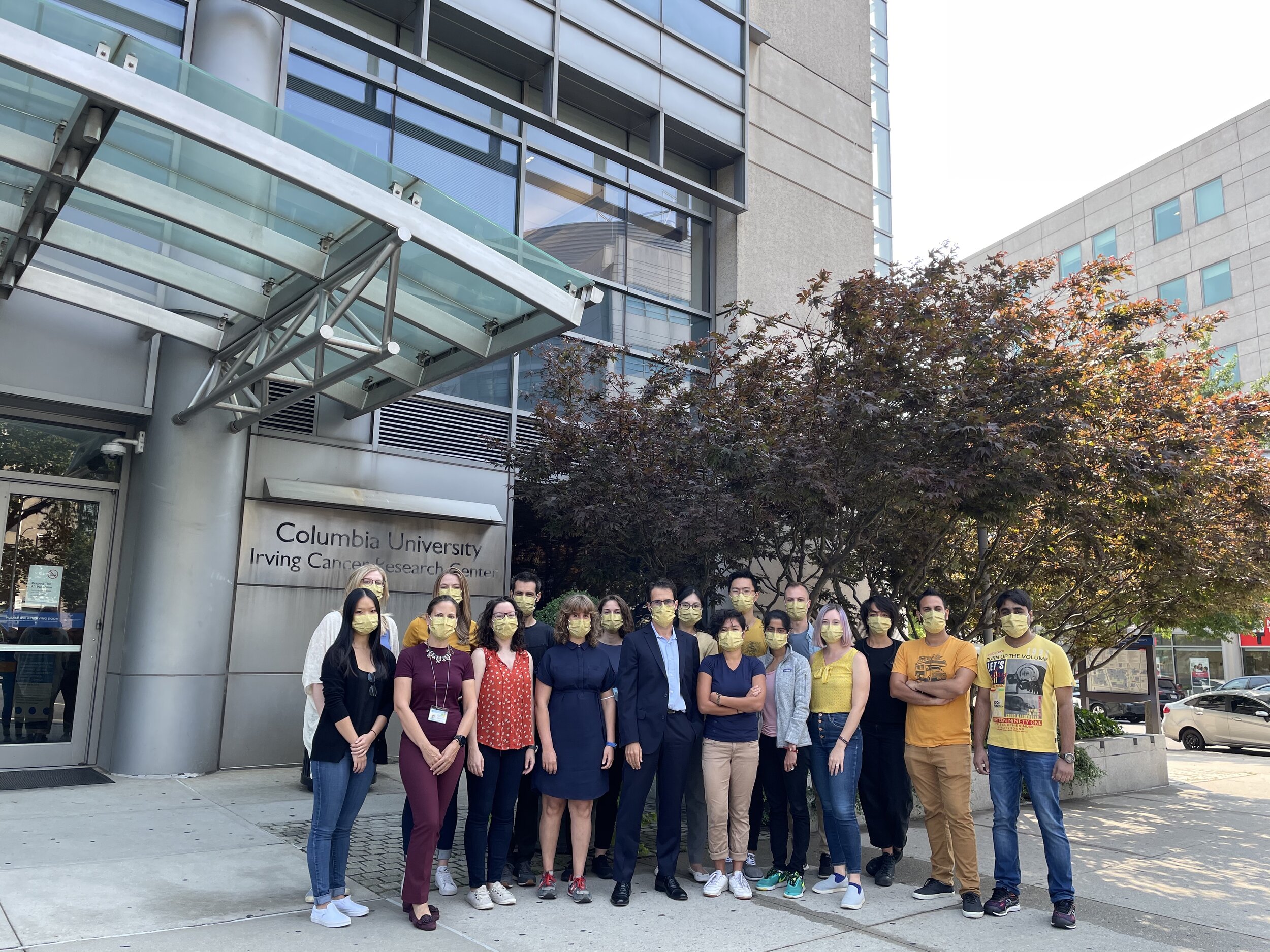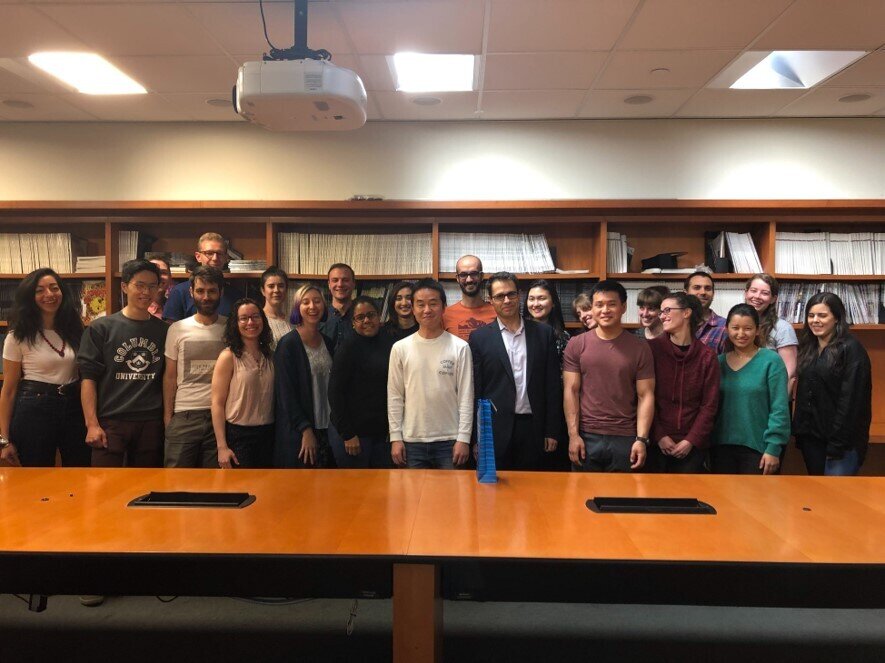What is AML & why is it important?
Acute myeloid leukemia (AML) is a cancer of the blood and bone marrow — the spongy tissue inside bones where blood cells are made. The word "acute" denotes the disease's rapid progression. It's called myeloid or myelogenous (my-uh-LOHJ-uh-nus) leukemia because it affects a group of white blood cells called the myeloid cells, which normally develop into the various types of mature blood cells, such as red blood cells, white blood cells and platelets.
AML results from the malignant transformation of early precursors in the bone marrow. These abnormal cells overtake the bone marrow and lead to blood cancer. Although AML is more often diagnosed in the elderly, the incidence of pediatric acute leukemia is increasing and the mortality of pediatric AML is set to eclipse the mortality associated with acute lymphoblastic leukemia, the most common childhood cancer.
















